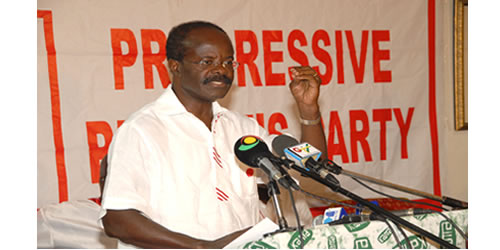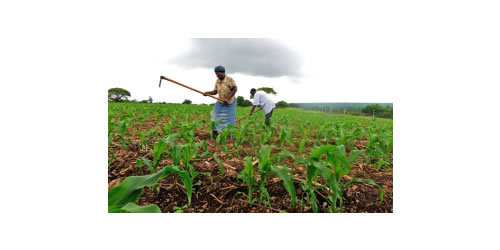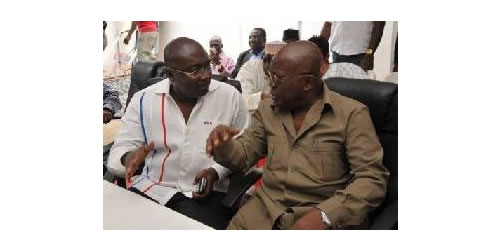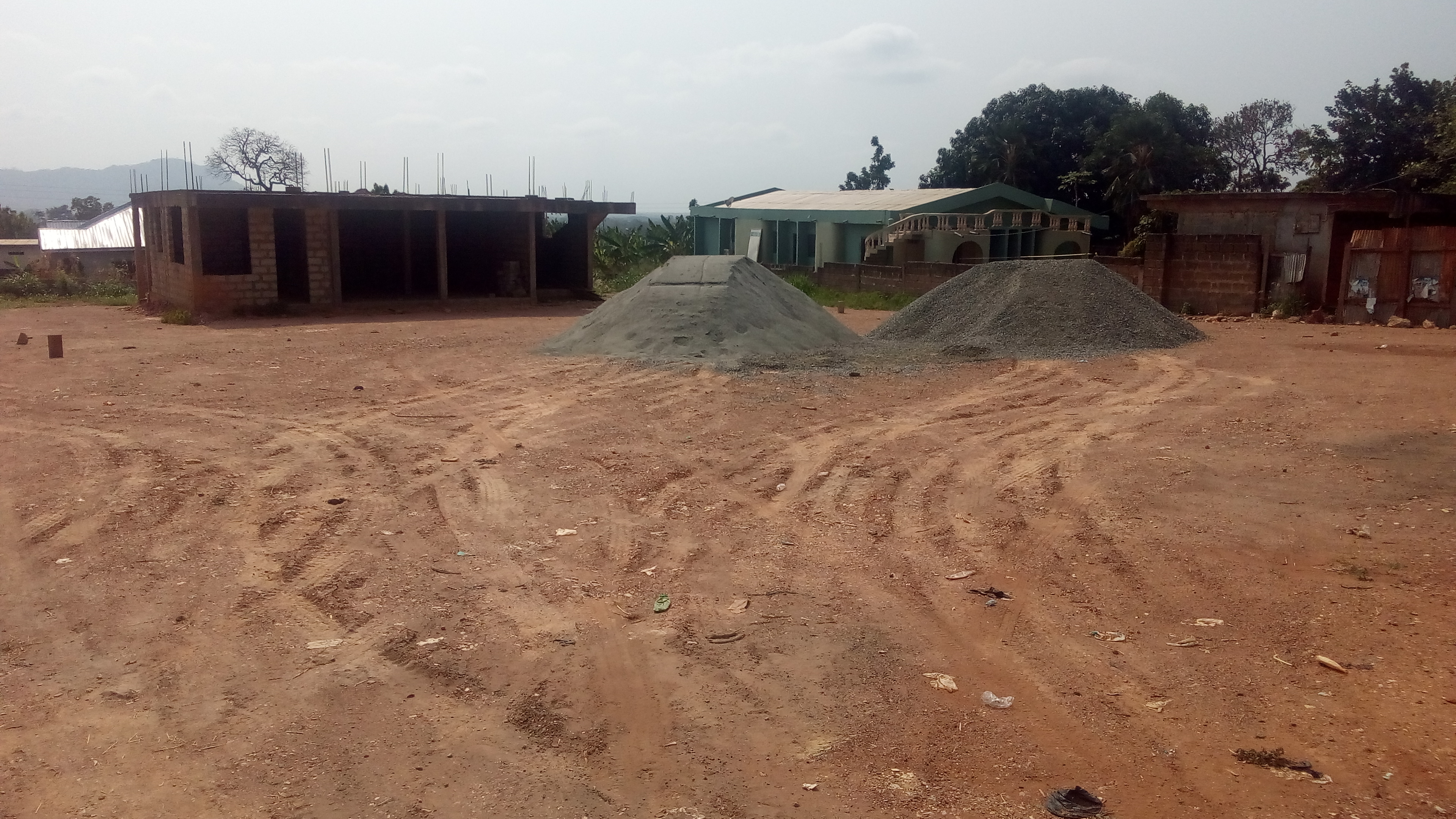No plans in place to make Komenda Sugar Factory productive — Nduom

A business tycoon and founder of the Progressive People’s Party (PPP), Dr Papa Kwesi Nduom, has described the Komenda Sugar Factory brouhaha as a serious matter that should be discussed devoid of partisan politics.
“We are talking of more than $60 million project investment and what is evident on the ground is that the business model does not appear to be properly implemented,” he observed.
He was speaking at a press conference to address some pressing national issues and that of his party in Accra yesterday.
Komenda Factory
President Mahama last month inaugurated the $35-million factory to produce sugar primarily for local consumption and for export to neighbouring countries.
Since then, there have been a lot of public criticism and outcry, describing the project as a “failure”, since the factory would struggle with raw materials to feed it.
The factory was first built in 1966 as part of Dr Kwame Nkrumah’s aggressive industrialisation agenda. However, by 1981, it had ceased operations and was later liquidated in 1998.
However, the government has defended the resuscitation of the project and dismissed as untrue the contention that the factory has no raw material to feed it.
Nevertheless, in Dr Nduom’s opinion, evidence on the ground did not seem to support the notion that the government put in place the necessary plans which would make the factory productive.
“You don’t go and put up a factory, inaugurate it and say I have one or two acres of sugarcane farm and say you’ll grow more and give them to farmers.
“The government goes to borrow $36 million and put in some $1.5 million to build the factory and wants to borrow another $25 million to now build irrigation canals to help people grow sugarcane. You destroy rule number one of entrepreneurship for business building,” he argued.
Raw materials
For rule number two, Dr Nduom asserted that raw materials availability and cost were key considerations before completion of any factory.
“This matter should have been resolved before the completion of the factory,” he stated.
He further pointed out that there was the need to also look at who the managers of the factory would be.
“Who are the owners of the business? Is it the Minister of Trade, the Central Regional Minister, the President or the Presidency? Who is really in charge of the factory? If the factory has managers or a public relations outfit, should the politicians be talking about the business matter? What happens if this government changes and a new government comes into place?
“I want the factory to succeed because it is my tax and that of other Ghanaians which is involved in the setting up of the factory and every effort must be put in place to ensure that it succeeds,” Dr Nduom stated.
He recalled a countless number of such factories that had been inaugurated in full fanfare, including the Ayensu Starch Factory, the Pwalugu Tomato Factory and the Kumasi Shoe Factory, which are all currently struggling to survive.
Background
Diverse people across the country have expressed similar concerns over inadequate planning before the factory was resuscitated.
The policy think tank, the IMANI Centre for Policy and Education, legislators of the opposition New Patriotic Party (NPP) and many business analysts have pointed to an absence of a rigorous cost-benefit analysis.
The current status of the factory is also a source of major disagreement between government spokespersons and the Minority parliamentarians. While the Minority MPs say the factory has been closed down, government spokespersons say otherwise.
Source: www.graphic.com.gh





